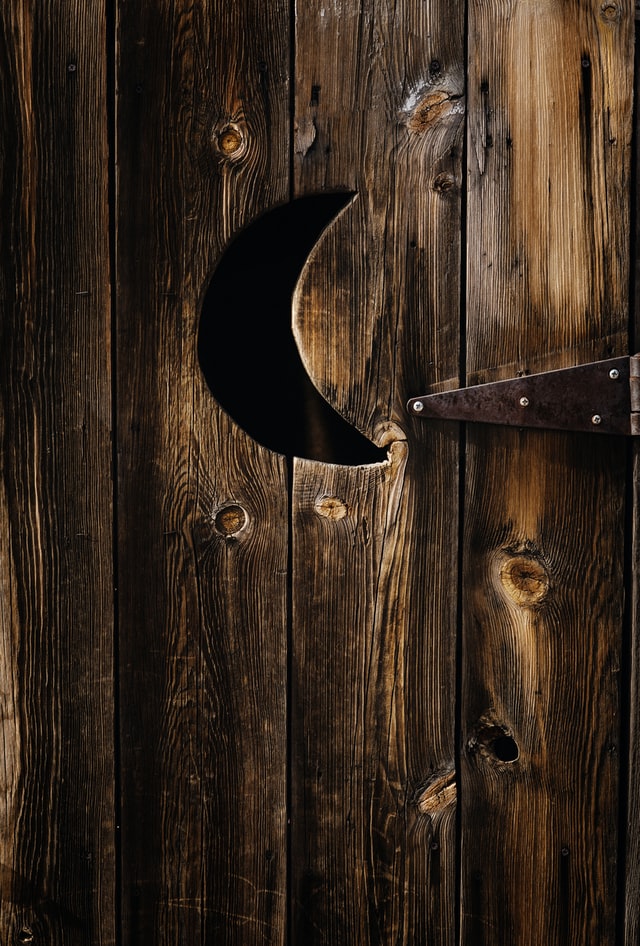Crisis-Point
The middle-aged man is wrapped up in clothing from head to foot, excessive for a June day. He looks lean and flexible. He has not become chair shaped, like most other people of his age in western society. As the G.P. gently enquires into his well-being, it becomes apparent that this man is unable or unwilling to follow the same train of thought. The man seems to avoid answering the questions and skips erratically to different subjects. Humanely, the G.P. follows his lead. Attempting to understand and find some common ground. It seems that this man has withdrawn himself from the social norms. He does not believe in filling in forms to get benefits, and insists he has no need for electricity or water in his house. He has run out of money but can get a meal from the local soup kitchen. The conversation builds up momentum and the man begins to take control of its movement. Unprovoked, he pulls a photo out of a bag. It is of an Indian man in a bright orange robe. With a little encouragement, he shows us a book written by this man. It appears he is a religious leader of sorts and the book is a philosophical one. This unexpected sharing of these possessions was a crucial step in the consultation. The man had in doing so demonstrated a level of trust, invited us to know more about him, and showed us that he was looking for answers or guidance in life, From here, the G.P was able to suggest some ways to help, and the suggestions were hesitantly accepted.
I left the flat with numerous thoughts running through my mind. My senses had been on overload and the chaos was rearranging itself. How did this man end up living in such a state; what happened to him in his past; what can be done to help him; what’s the best way of helping him? His existence had reached crisis-point and he was asking for help. He was unable to cope. The G.P may be the only person able to initiate change in this situation and as a result of this, has a crucial role to play.

0 Comments